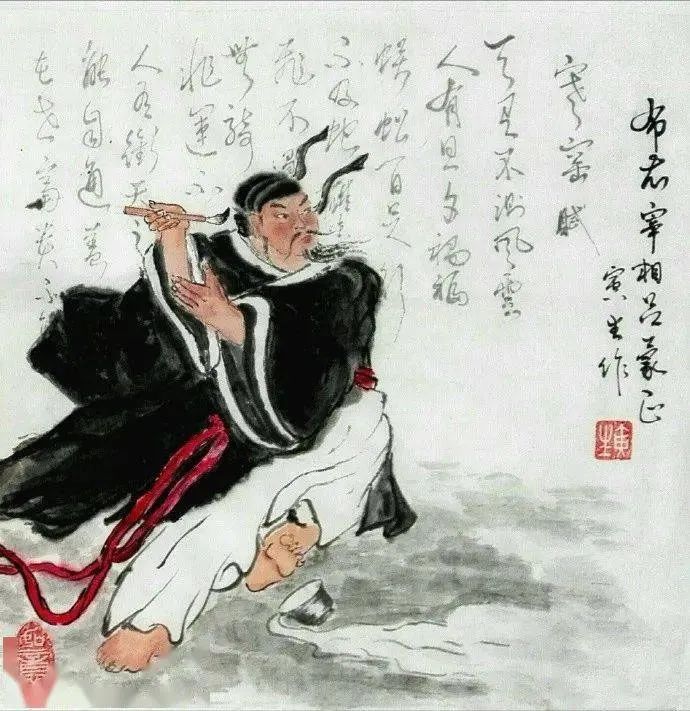Sichuan dialect | Tan Guofeng: LAI Zita Tower and NAI Zita Tower
Author:Cover news Time:2022.07.14
Text/Tan Guofeng
In December 2017, I asked Mr. Liu Shahe in Chengdu. I asked how to read with three points below the word "Neng" (a little less under the word "bear"). Mr. said, "Reading LAI is a kind of three -legged tadpoles."
The reason why I asked for this question was because I visited the former residence of Liang Qichao and Houshan in Xinhui, Guangdong. There is a dragon tower in Houshan, which locals call it NAI Zita. The writing of this NAI is to add three points below the word "energy".
In the language of the language, N and L can be transferred naturally. For example, people in Hunan talk about the word "south", unlike Mandarin that NAN is said as LAN; Cantonese people talk about the word "you", both saying nei and lei; Mandarin said "you" is NI, and Fujian people said that they said Cheng LI. Therefore, the people of Guangdong said that the NAI sub -tower, Mr. Liu Shahe said that it was the Lai Zita, it was not right, but the local people's pronunciation habits were different to cause this result.
My thoughts were recognized by my husband.
One year, I was going to contribute to a magazine in Sichuan and called. The lady who answered the phone said, "Hey? La-Gou?" I stayed for a moment before I thought about it. The other party might ask me: "Hey? (Which you)?" Cantonese said "Bin-Gou "Or" Na-Gou ".
Cantonese and Sichuan dialect have a deep source. As early as in the Han Dynasty, "Speaking of the Word" said that "the Shu people call the mother and the sister", and to this day, the Cantonese people still have such a proverb: "Listen to the grandfather, listen to my sister's sticks." The sound of his father's speech (the figure of his father before) was obedient. Mom just scared him or even hit him with a stick. They were often not afraid and obedient.
Earlier, King Qin Huiwen destroyed Shu, and Prince Shu migrated to Jiao Ji and Lingnan, known as Anyang King. In other words, the Guangdong culture had contact and exchanges with Shu culture at the latest in the Eastern Zhou Dynasty, and naturally fused. It is no wonder that the Shu people Su Dongpo later wrote a poem and said, "I have ears and parasites in Xishu Prefecture." The ears in Su Gong's poems are now Hainan, which was part of Guangdong for a long time.
Su Dongpo has a famous sentence: "Four o'clock in Luofu Mountain, Lu Orange Yangmei is new. There are three hundred litchi in the sun. It is EN vowel. Su Dongpo's verses are not rhyme in Mandarin, but chanting in Cantonese is rhyme.
【Draft Notice】
Since the launch of the launch of the "Bowl Tea" of the "Width Wide Wide" of the West China Metropolis Daily, the Sichuan dialect dragon door array has been strongly supported by the authors of Sichuan dialects inside and outside the province. In order to make "Cover Bowl Tea" more lively and fragrant, the stories of dialects are endless, and we have signed a long time to the "Story" dialect author. There are good dialect stories and interesting dialect legends, which can be contributed to us. The number of words does not exceed 1200 words. Submitted mailbox: [email protected].
- END -
New exhibition of Famen Temple Museum, reproduce the prosperity of the Tang Dynasty

Many precious cultural relics unearthed from Famen Temple have made a museum -Fame...
The sixth sentences of the eternal strange text "Cold Kiln Fu", read the self -crossing

Everyone is happy to go smoothly,The gentleman music comes from adversity.Author: ...